
Voting for Lok Sabha Elections 2024 is taking place today, April 26, in 13 states and union territories across the country. Today people may have to face severe heat while voting. The temperature is expected to rise today in many areas of NCR including the capital Delhi.
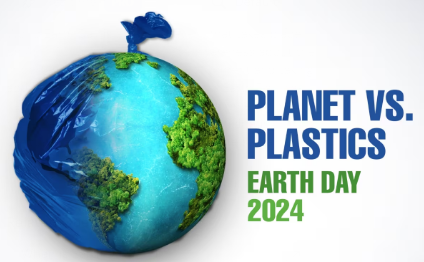
World Earth Day is celebrated each year on April 22nd to raise global awareness about the environment and inspire action to protect our planet. This year's theme, "Planet vs. Plastics," highlights the urgent need to combat plastic pollution, a major environmental threat.
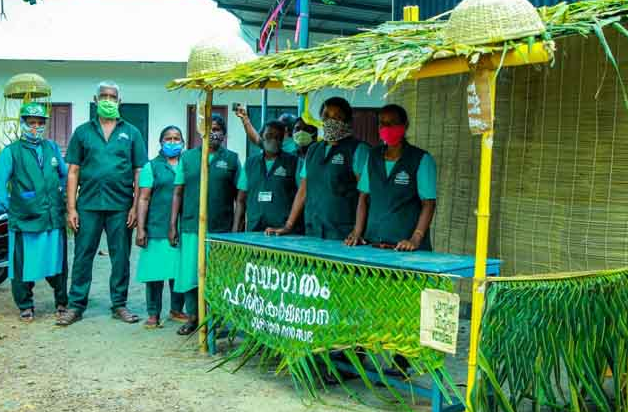
In a progressive move towards environmental consciousness, Kancheepuram, a district in Tamil Nadu, India, has unveiled four eco-friendly polling booths. These innovative booths aim to minimize the environmental footprint associated with electoral processes. Embracing renewable energy sources, each booth is equipped with solar panels, ensuring a sustainable power supply throughout the voting period. This initiative not only reduces dependency on traditional energy sources but also sets a precedent for harnessing clean energy in public infrastructure.

J&K's breathtaking landscapes are marred by a growing threat - plastic pollution. A staggering amount, over 51,000 tonnes of plastic waste, is generated annually in the region. The problem lies not just in the quantity, but also in the lack of proper waste management.

The Indian Meteorological Department (IMD) has issued a heatwave alert for Odisha, forecasting intense heatwave conditions till April 16th with maximum temperatures reaching 40°C. Even hotter temperatures are predicted for Balangir, Sambalpur, Titlagarh, Jharsuguda and Sonpur, with highs reaching 43°C from April 17th. The IMD defines a heatwave as occurring when the maximum temperature reaches above 40°C and is 4.5°C or more above normal.
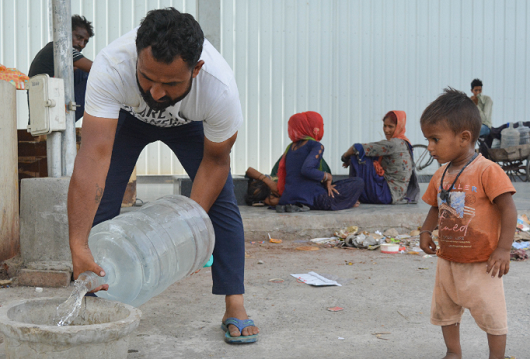
India is expected to experience prolonged heat waves, especially between April and June. The IMD has forecasted heatwave conditions over parts of India for the next two days. Here are some tips to stay cool and safe during the hot summer weather:
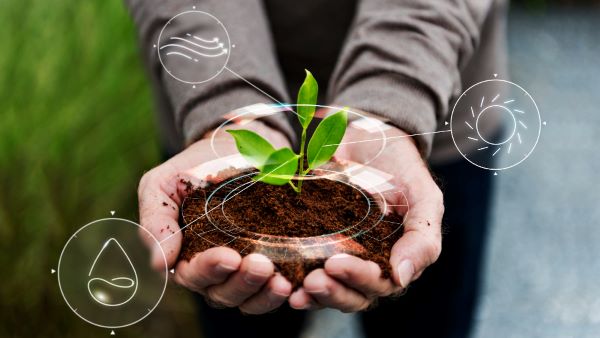
The Roundglass Foundation, an NGO located in Mohali, has begun its Regenerative Agriculture Programme in the Pathankot area with the goal of halting the downward spiral of soil quality in the state.
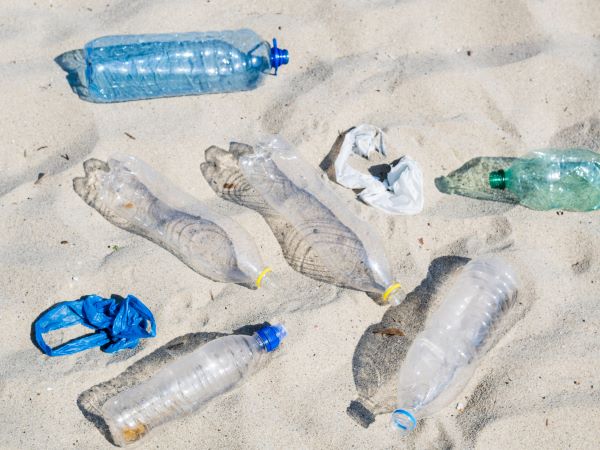
According to new research from Greenpeace International, nearly 90% of Indians support cutting plastic manufacturing to tackle pollution and climate change.

Climate change poses a huge risk to India's agriculture sector, which supports over 130 million farmers and provides food security for 1.4 billion Indians.

A study by the Potsdam Institute for Climate Impact Research and the European Central Bank revealed how inflation could spiral out of control in a hotter future.